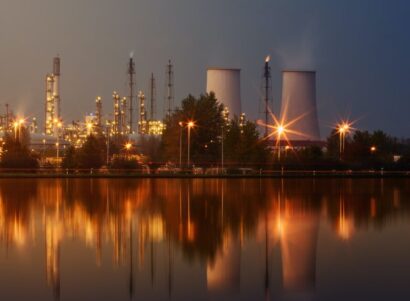Our Work
All energy systems have environmental impacts, but their effects on public health depend on a range of factors, including the frequency and intensity of exposure, a community’s cumulative environmental and socioeconomic burden, and the availability of resources like medical care.
Our work on environmental public health focuses on understanding how energy-based pollution leads to environmental degradation, human exposure and hazards, and public health risks and impacts. Our scientists bring diverse expertise in fields including air and water quality, and public and environmental health. We have extensive experience conducting field-based studies as well as literature reviews and data analysis. Through this work, we provide the technical expertise needed for health-protective energy policies and solutions.

Access Our Work
Search our peer-reviewed studies, technical reports, and other works.
@PhySciEng
Stay informed!
Join our email list to receive updates
on PSE's work and news.







